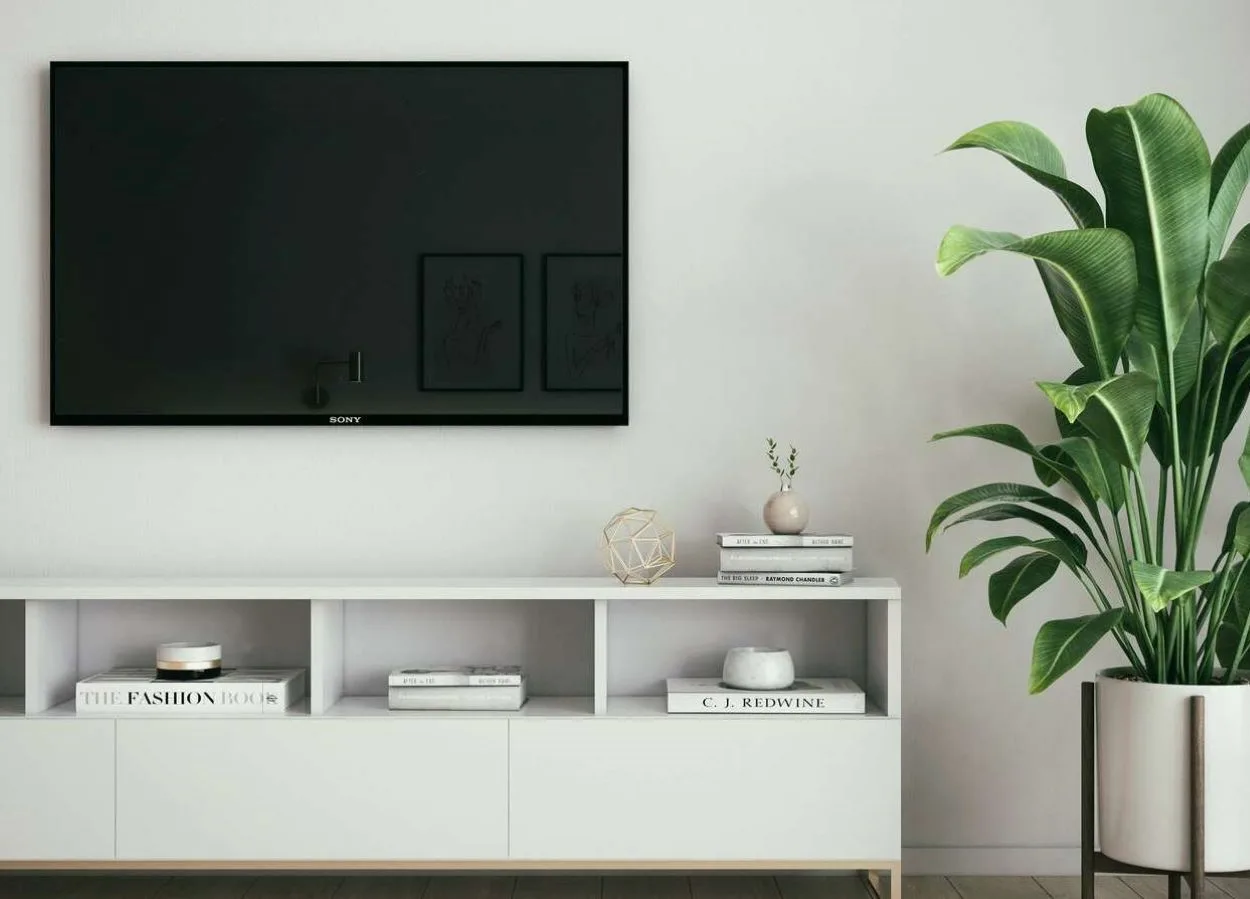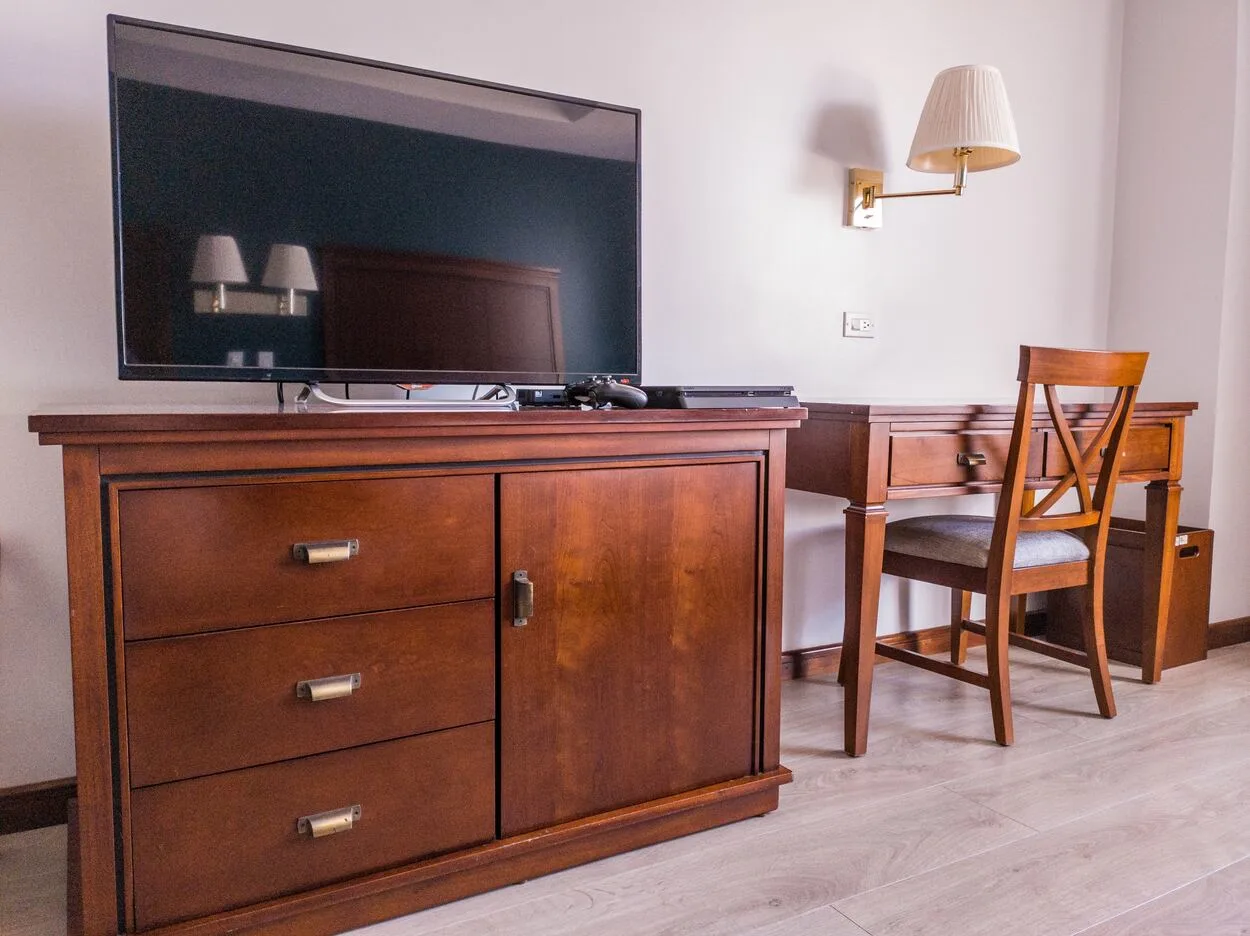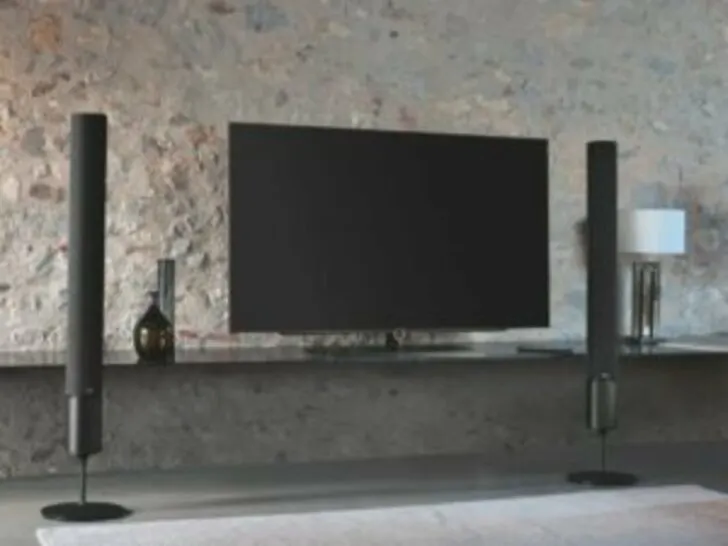Ever had one of those days where your technology seems out to get you? You just want to relax on the couch and watch your favorite show, but your TV has other plans. The screen goes black every few seconds just as you start to get into the story.
Again. Why does your TV keep turning off every 5 seconds? Not knowing why your electronics are misbehaving or how to fix them is frustrating. Don’t worry; a few possible issues could cause a TV to turn off repeatedly, and the good news is that many are easy fixes.
Your TV turning off every 5 seconds could be due to several reasons. Check the power cord and connections, ensure eco mode or sleep timers aren’t enabled, and disconnect external devices to isolate the problem. If the issue persists after these steps, consult your TV’s manual or manufacturer for further troubleshooting or potential hardware repair.
Keep reading, and we’ll explore the common culprits and solutions so you can get back to your regularly scheduled programming.
Overheating Issues: Check Your TV’s Internal Temperature

Is your TV turning off randomly every few seconds? It could be overheating. TVs generate a lot of heat, and if the internal temperature gets too high, it will shut off as a safety precaution.
To check if overheating is the issue:
- Make sure your TV has proper ventilation. Don’t cram it into a cabinet or block the air vents. It needs space around it so air can circulate.
- Clean the air vents and fans. Dust buildup prevents heat from escaping efficiently. Use a vacuum with an extension hose or compressed air to blow out dust clogs.
- Reduce heat sources near the TV. Don’t place it near heating vents, fireplaces, or in direct sunlight. The ambient room temperature also affects the TV’s internal temp.
- Check if the fans are working. On most TVs, the cooling fans are inside the back panel. If the fans have stopped spinning or are making loud noises, that could indicate overheating. You may need to have the fans serviced by a technician.
- Give your TV time to cool down. It probably just needs to cool off if it was on for an extended time before shutting off. Turn it off for at least 30 minutes so the internal components can return to a normal operating temperature.
- Update your TV’s firmware. Outdated software can sometimes cause technical issues that lead to overheating. Check your TV manufacturer’s website for the latest firmware update and install it.
If giving your TV adequate ventilation, cleaning it, and updating the software doesn’t fix the problem, it’s best to have a technician examine your TV. Continued overheating can permanently damage internal components and shorten the overall lifespan of your TV.
Power Supply Problems: Test Your TV’s Power Cord and Outlet
If your TV keeps turning off every few seconds, the problem could be with the power supply. Let’s check a couple of things:
| Step | Action |
|---|---|
| Inspect the TV’s power cord for any visible damage | Replace the power cord if there is fraying, exposed wires, or bent prongs |
| Ensure the power cord is securely plugged into both the wall outlet and the TV | Unplug and firmly plug it back in to establish a solid connection |
| Try using a different wall outlet | Test the TV using another outlet, preferably in another room |
| Test the original outlet with another device like a lamp | Verify if the original outlet is working properly |
| If the TV still keeps losing power after trying the above steps, consider the following actions | Have the TV examined by a qualified technician for diagnosis and repair |
By systematically testing the power cord and outlets, you can determine if the issue lies with the power supply or if it’s an internal problem with your TV. With some patience and troubleshooting, you’ll get your TV staying on steadily again in no time.
Software Glitches: Try Performing A Hard Reset Of Your TV
If your TV is turning off randomly every few seconds, it could be due to a software glitch that has developed over time. The good news is, a hard reset can often resolve software issues and get your TV working properly again.
To perform a hard reset of your TV, locate the power button on your TV itself, not the remote. It’s typically on the back or side of the unit. Press and hold the power button for 10-15 seconds until the TV shuts off. This will completely cut power to your TV, resetting its software.
- Once the screen goes black, release the power button. Wait 30 seconds, then press the power button again to turn your TV back on.
- This restart process, also known as a hard reset or power cycling, will refresh your TV’s memory and software, fixing any minor glitches that may have built up over time with use.
- When your TV powers back on, it will go through its initial setup again, just like when you first bought it.
- Don’t worry, you won’t lose any saved settings, channels, or DVR recordings. This simply reboots the system software.
- If the issue continues after performing a hard reset, it could indicate a more serious software or hardware problem with your TV that may require service.
- However, for intermittent shut-off issues, a hard reset is the first thing to try and resolves the problem a majority of the time.
Give your TV a fresh start with this quick reset. With any luck, it will be back to functioning flawlessly in no time and you’ll be back to enjoying your favorite shows and movies without annoying interruptions. Let me know if performing a hard reset solves the issue with your TV turning off every few seconds. I’m happy to provide additional suggestions if needed!
The future of TV is not just about the screen, but about the experience it delivers.” – Koo Kwang-mo, CEO of LG Electronics.

Faulty On/Off Switch: The Issue May Be With Your TV’s Power Button
If your TV is turning off every few seconds, the issue could be with the power button itself. The button may be stuck in the “on” position, causing the TV to cycle on and off. Or the button mechanism may be damaged or faulty, having the same effect.
To check if the power button is the culprit, try pressing it a few times firmly to ensure it’s not stuck. If that doesn’t work, you’ll need to disable the power button. Look for a small pinhole or button on the side or back of the TV labeled “power” or with the power symbol. Press and hold that button for 3 to 5 seconds until the TV turns off. This will disable the main power button.

Turn your TV back on using the remote control and see if the issue is resolved. If the TV stays on, you’ll know the power button needs repair or replacement. You may be able to do this yourself by ordering a replacement power button board or module for your specific TV make and model. However, if you’re not technically inclined, it’s best to have a TV repair technician handle the replacement to avoid any damage. They can also test the new part to ensure it’s functioning properly before reassembling your TV.
A faulty power button is an easy fix, so try this simple solution before assuming the issue lies with other complex components in your TV. Disabling the power button is a quick way to determine if that’s the source of the problem before spending time and money exploring other potential fixes. With the power button disabled, your TV should function normally otherwise use just the remote control. If the issue continues, further diagnosis and repair or service may be needed. But start with the simplest solution—it may just save you a lot of hassle!
Did Yu Know Power surges can also switch off your TV automatically?
More Serious Hardware Problems: It May Be Time To Call A TV Repair Service

If your TV is turning off every few seconds, it’s likely due to an issue with the hardware components inside the TV. At this point, it’s probably best to call in a TV repair technician to diagnose and fix the problem.
Power Supply Problems
The power supply provides electricity to all the components in your TV. If it’s malfunctioning, it may cause the TV to randomly shut off. The power supply can overheat, short out, or become damaged over time. Replacing the power supply unit is often an easy fix for a repair tech.
Bad Capacitors
Capacitors are components that store electrical charges and help regulate power in the TV. When capacitors start to fail, the TV can shut off intermittently. The repair tech will need to test the capacitors and replace any that are malfunctioning. This is a common issue in older TVs.
Faulty Main Board
The main board, or motherboard, controls the overall function of the TV. If it’s damaged or defective, it may cause the TV to turn off without warning. Replacing the main board is typically an expensive repair, so the tech will first test to rule out other potential issues before determining if the main board needs replacement.
Overheating Components
If the TV is turning off after being on for a while, overheating components could be the culprit. The repair tech can check for any parts that seem excessively hot and replace or repair them as needed. Adding additional cooling fans is sometimes required to prevent overheating in the future.
At this point, there are too many possible issues to determine the exact cause of your TV turning off without a proper diagnosis from a TV repair technician.
Call a local TV repair shop to schedule a service call. The tech can test your specific TV model to pinpoint the problem and perform necessary repairs to get your TV working properly again.
Conclusion
- So there you have it, a few of the most common reasons your TV may turn off every few seconds.
- Hopefully, one of these troubleshooting tips will get your TV back up and running so you can return to binge-watching your favorite shows.
- If all else fails, it may be time to call in an expert to take a look. The good news is many of these issues can often be resolved quickly and inexpensively.
- And if it is a more serious problem, you’ll have the peace of mind of knowing what’s going on and what needs to be done to fix it.

